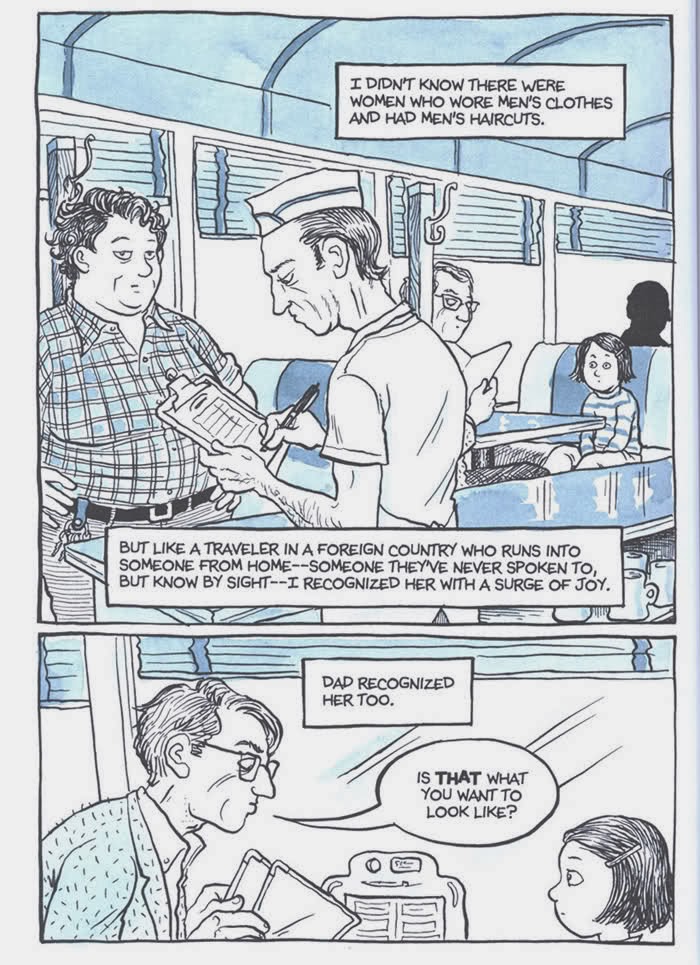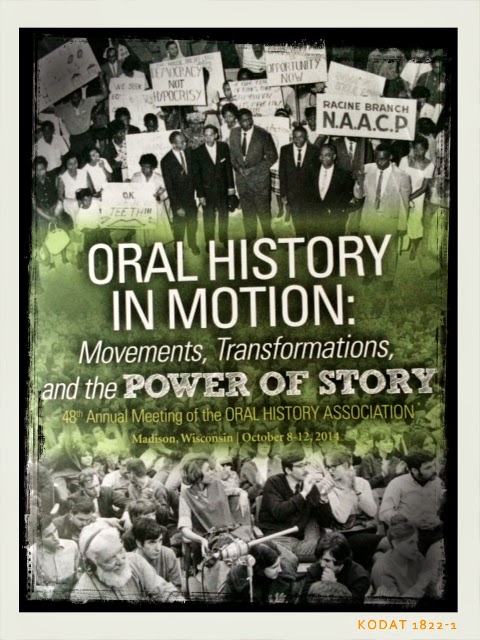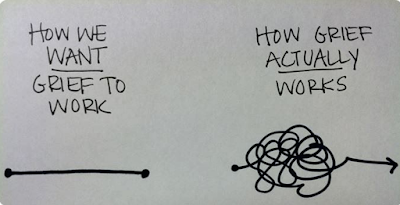Teaching Fun Home as Public History
I assigned Alison Bechdel's Fun Home: A Family Tragicomic for the first time in Public History and my students are reading it now. It is an amazing graphic novel that just got turned into a musical.
I assigned it because I wanted to teach something about identity as it relates to the social frameworks of memory and to connect it to the ways in which we localize memories through landscapes, objects and images. I also wanted to do something on family history.
So, what do I want students to get out of this reading experience? What questions do I hope they ask and explore as they read the text and examine the graphics? How do I encourage them to think beyond the coming of age/coming out/coming to terms with a gay dad stories to think about the structure of the text and the relationships between memory and identity? The things that made the book so fascinating to me actually focused around Bechdel's literary relationship with her father --- she experienced the relationship through texts --- Joyce, Proust, Salinger, Faulkner, the ancient Greek myths. Her dad was an English teacher as well as a part time funeral home director.
Here are some of the larger questions I want them to consider:
I assigned it because I wanted to teach something about identity as it relates to the social frameworks of memory and to connect it to the ways in which we localize memories through landscapes, objects and images. I also wanted to do something on family history.
Here are some of the larger questions I want them to consider:
- Bechdel provides us with the "big picture" early on in the text, on page 17 when she writes that her father "had sex with teenage boys" and on page 23 when she shares that her father killed himself. How does knowing this history early on in your reading shape your interpretation of her efforts to chronicle her and her family's stories? How does this memorial punctuation, as it were, shape the text?
- When asked what her father might think of the book, Bechdel says, "If he existed, he would never be able to read it, because it’s all about his death." how does loss shape memory in the narrative? What do you learn from this about how memory works?
- Bechdel's mother felt that the books was written somewhat "at her expense." What might she mean by that? Which stories are privileged in the text and which ones seem to be whispers, afterthoughts or overlooked narratives altogether? How does remembering one coherent story come at the expense of other narratives?
- How does the author's process of coming into her own identity as a lesbian shape her memories of the past?
- What does visual storytelling offer you as a reader and thinker about memory and identity that a text alone cannot provide?
- How does the death of Bechdel's father shape her narrative arc?
- How is the author's identity as an artist reflected in her memories of her family unit and the life of the family?









I love this book and your questions ... please share more more!
ReplyDeleteHey! I decided because of your comment to post a reflection on the discussion. I'd love to know what you think! http://www.theflickeringlamp.org/2014/02/fun-home-follow-up.html
ReplyDelete